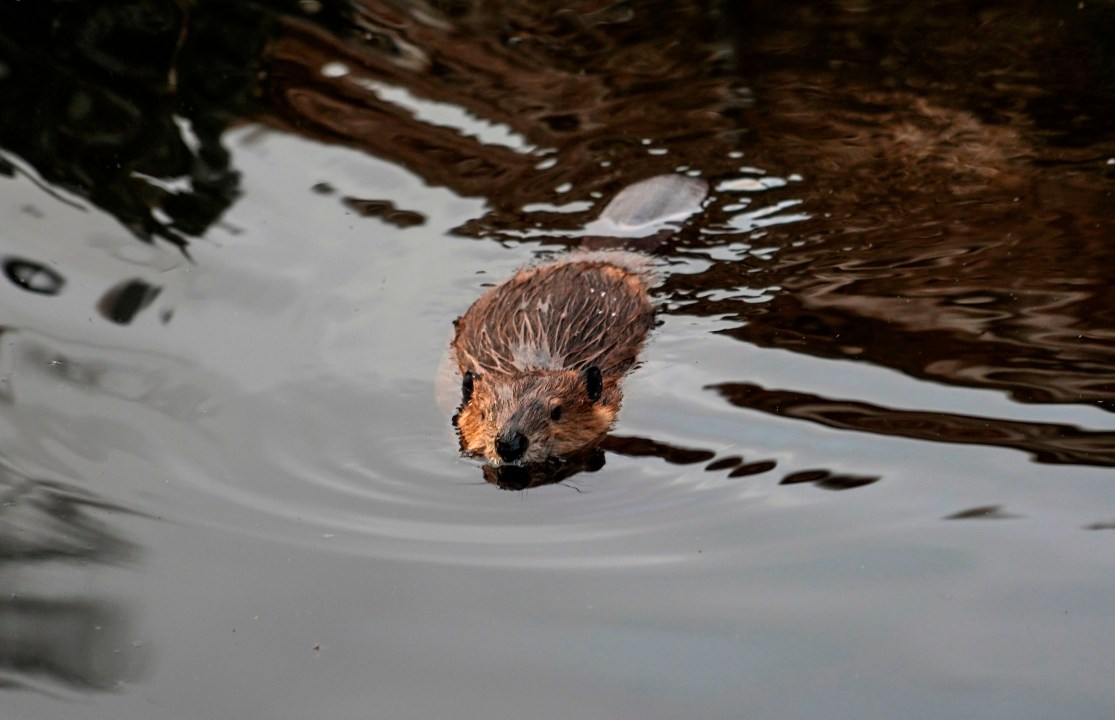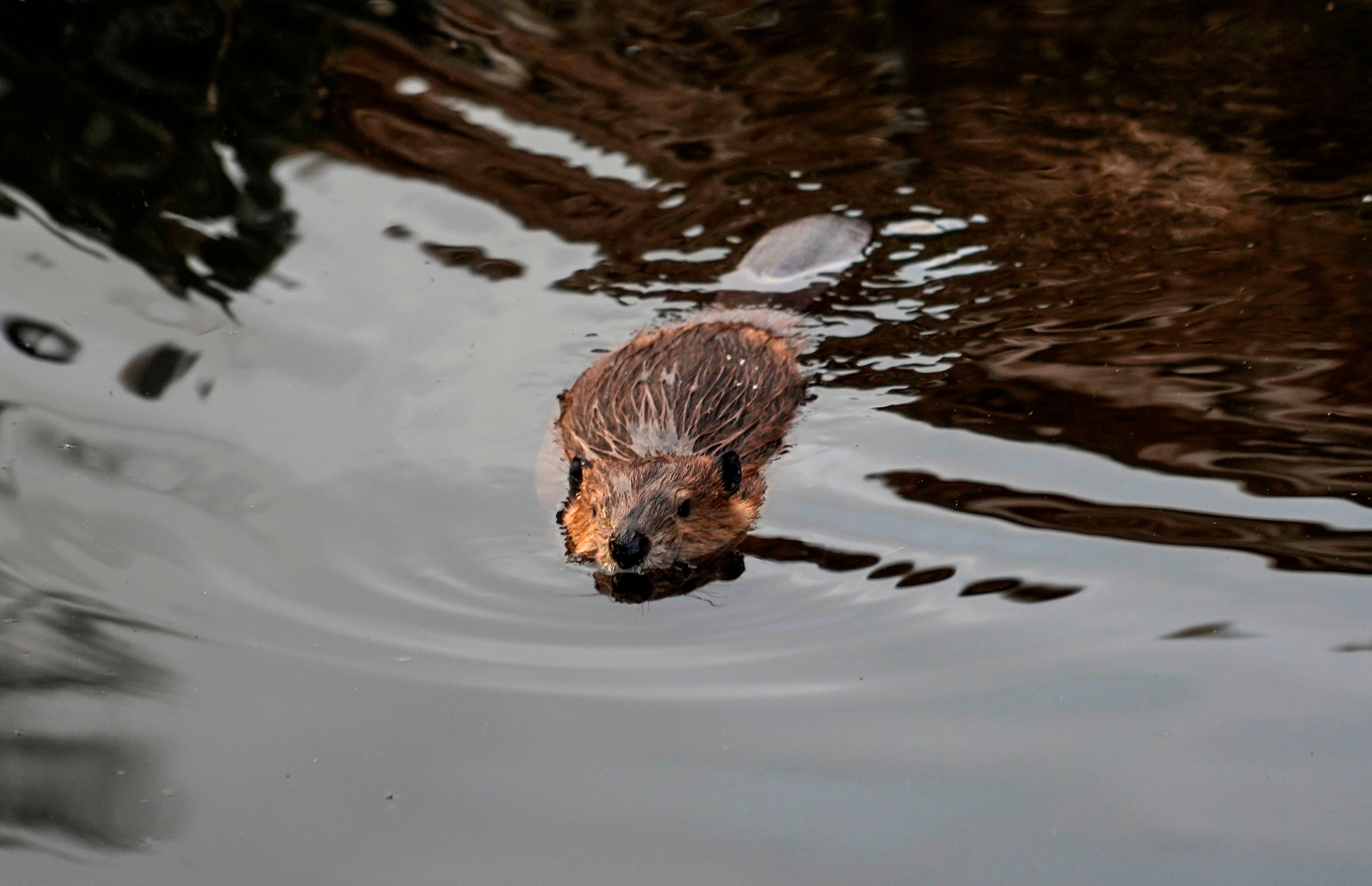It is a moment of cautious and much-contested transition in our Covid saga. I don’t mean the move from lockdown to a slightly more ‘nation as usual’ situation that’s being thrashed out in parliament, but in my father, Robin Hanbury-Tenison, and his mode of transport from mobility scooter to ‘yomping with confidence’. In the last ten days, he has shifted from merely surviving the virus back towards thriving in his old youthful manner. It will still be some months before he is the vigorous and inexhaustible octogenarian that we took for granted in February but every day marks a small step forward in his journey back to health.
The shift from bed-bound, to scooter, to zimmer frame, to walking stick has been Lazarus-esque. Even so, the doctors and nurses arrive for their weekly visits armed with strict admonitions that he mustn’t over-reach or exert himself too quickly. The greatest danger now is that he becomes overconfident and suffers a fall or, even worse, becomes sick again. Similar and sensible exhortations are being directed at our government over the easing of the nation’s lockdown. Just as we don’t know how Robin’s body will react to pushing itself too far too soon, our scientific experts are nervous of the viral resurgence that could result from a hasty return to the old normal.
Perhaps the beaver could be the symbol of an invigorated United Kingdom that emerges from the deluge of coronavirus
The wizened explorer was accustomed to travelling ceaselessly, lecturing voraciously and living like a man half a century younger. Perhaps his ‘new normal’ will need to be adjusted to a post-Covid reality rather like our country’s will. He will almost certainly no longer travel internationally and must take account of his reduced lung capacity and lower energy levels when embarking on speaking tours or book signings. Resilience for him is not about returning to the old ways, but about adapting and growing into a new pace and pattern of life.
The same is true of our economy. The last three months have laid bare that our old ways of running a country were not resilient to the shock we’ve just sustained. We need a new approach for the future. My area in this is farming and, as my wife and I consider the next 50 years on our Cornish hill farm, it is clear the old agricultural methods will not pass muster in a post-Covid, post-Brexit world. Subsidies, migrant labour and agrichemicals (whether for growing crops or suppressing weeds) are all set to reduce and this will force many in our rural communities to re-examine how they manage the land. By 2028, the current subsidy system will have been completely phased out and farms like ours will not be economically viable if we stand still in the intervening years.
For too long we have taken our countryside for granted and have poured fertilisers and pesticides over our fields and into our rivers. Restoring biodiversity and protecting our bucolic woodlands will be a focus for farmers and those who dictate how subsidies are spent over the coming decades. Encouraging people from towns and cities to visit our hills and valleys will also be an important impetus for change. All of these factors have contributed to the emergence of a rewilding movement across much of the country. Opinions are heavily divided over this new philosophy – with advocates preaching it’s benefits for soil and insects while sceptics point out that it can take productive land away from growing food and remove jobs from the rural economy. One of the areas of highest contention surrounds the reintroduction of previously extinct species into our woods and rivers.
The greatest of these is the Eurasian Beaver. Ecologists unanimously assert that temperate river ecosystems can only be considered whole and healthy if they have beavers living throughout their length. Great efforts are being made by an enlightened few to reintroduce this noble and ingenious rodent back into our waterways. Even so, last year 87 beavers were killed on the River Tay by local farmers who were protecting subsidy motivated crops on low lying flood-plains. This equates to 20 per cent of Scotland’s total beaver population.
The transition from the Covid lockdown into the summer of 2020 has sparked debate across the UK about whether this is the time to adopt a new model for our economy, with new ways of commuting, working, eating, travelling and interacting. We need a nation that is built to withstand the flood of future pandemics and the strain of climate change. Beaver dams provide towns and villages with robust safety from flooding and from the strain of droughts. They are far more effective than the concrete culverts we erect. These ecosystem engineers manage water flow in a way councils could only dream of.
Perhaps the beaver could be the symbol of an invigorated United Kingdom that emerges from the deluge of coronavirus to stem the flood of threats that the 2020s hold for us all. We have all come to appreciate nature more during the lockdown so now is the time to begin rewilding our gardens, our lives and even our economy. Not only will beavers help farmers across our island to manage their rivers but they inspire the kind of creative and proactive risk management that our politicians will need to embody in order to survive the coming storm. The age of the beaver is upon us.
The next stage in my father’s recovery from the virus will be getting him strong enough to trek out and visit our own beaver reintroduction site in the valley here on the farm. By law, they still need to be held in a large enclosure when released in England and our fencing is going up this week for a late summer release. They will form a key pillar for the future of a farm that hopes to be economically and environmentally resilient in the volatile world that we’re all entering. I have shamelessly used the excitement of this impending reintroduction to motivate his recuperation and so far, it has been working. He is as eager as… well, a beaver.







Comments